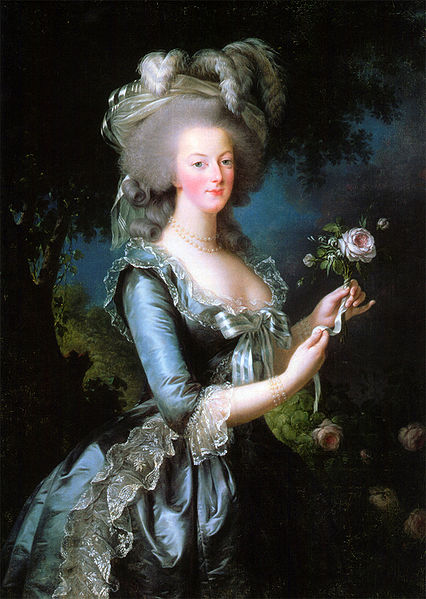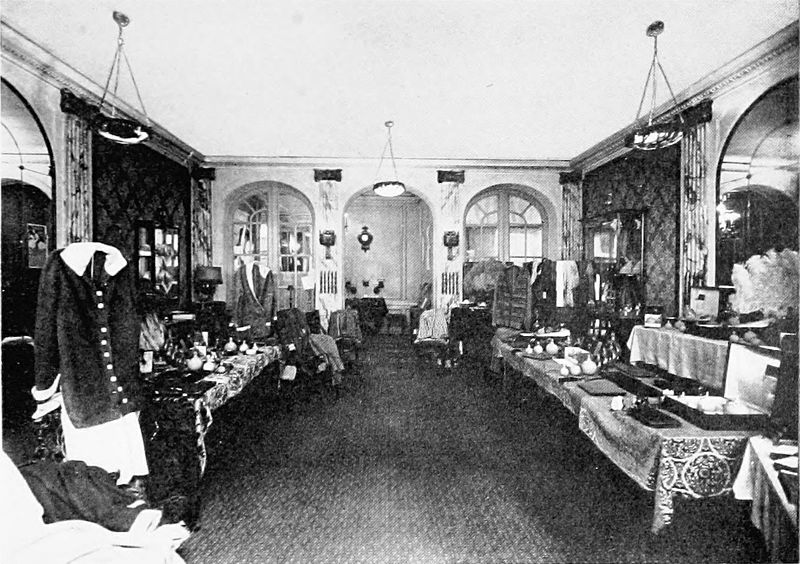It’s the fashion term that most of us recognise, but very few can actually define: Haute couture.
So, what does it mean? And what is the history behind haute couture?
Haute couture is a French phrase meaning ‘high sewing’ or ‘high dressmaking’ and refers to the creation of exclusive custom-made outfits. The term is protected by law in France and is defined solely by the Chambre de commerce et d’industrie de Paris.
Constructed by hand, haute couture is usually made from high-quality and expensive fabric sewn with intricate and painstaking attention to detail.
It is considered the highest echelon of fashion, and access to its clothing and attendance to its fashion shows are restricted to a minute client base of only 4000 worldwide.
Although the origins of haute couture can be traced back to mid-nineteenth century Paris — or even earlier, to the eighteenth century and the days of Queen Marie Antoinette at Versailles, where the courtly dresses designed by Rose Bertin brought the concept of French fashion to the forefront of popular culture —, the widely considered father of haute couture, was an Englishman.
Marie Antoinette in court dress 1783
The term initially referred to the work of couturier Charles Frederick Worth (1826 –1895), who was born in Lincolnshire, England but made his mark on the French fashion industry by creating one-of-a-kind pieces for wealthy clients in Paris.
One of Worth’s most notable clients was Empress Eugénie, wife of Napoleon III. After seeing Princess de Metternich dressed in one of Worth’s creations at a ball, the Empress inquired after the designer’s name and demanded an audience with him the next day.
From that point on, Worth replaced Madame Palmyre as the Empress’s favourite and official dressmaker, becoming responsible for designing the elegant evening, court, and masquerade dresses that epitomised the sophisticated decadence of the Second Empire.
Interior of the House of Worth in Paris
While Worth’s influence would eventually cross over to and ignite a high-end ready-to-wear tradition, which had likewise been gaining momentum during this period, it was his ability to transform the humble dressmaker into a respected artistic genius that would procure his legacy as the founding father of haute couture.
To legitimise the practice of haute couture, Worth initiated the formation of the Chambre Syndicale de la Couture Parisienne in 1868. This association of Parisian couturiers regulated its member’s legal and promotional activities.
In 1927, an affiliated fashion school, École de la Chambre Syndicale de la Couture Parisienne was organised to train the next generation of exclusive designers. Notable alumni include Valentino Garavani, Yves Saint Laurent, Karl Lagerfeld, André Courrèges, Issey Miyake, Anne Valerie Hash, Alexis Mabille, Tomas Maier, Nicole Miller, and Stephane Rolland.
Today, the Fédération Française de la Haute Couture has replaced the Chambre Syndicale de la Couture Parisienne, functioning as the foremost “regulating commission that determines which fashion houses are eligible to be true haute couture houses.” The federation is likewise responsible for setting the dates and locations of the haute couture shows during Paris Fashion Week.
Some of the most notable courtiers to have been recognised by the Fédération Française de la Haute Couture were Callot Soeurs (the 1910s – 1952), Patou (1914 – present), Poiret (1903 – 1922), Vionnet (1912 – 1939), Fortuny (1906 – 1946), Lanvin (1909 – present), Chanel (1910 – present), Mainbocher (1929 – 1971, Schiaparelli (1927 – present), Balenciaga (1919 –), and Dior (1946 –).
Check out more Entertainment Now lifestyle news, reviews and interviews here.










